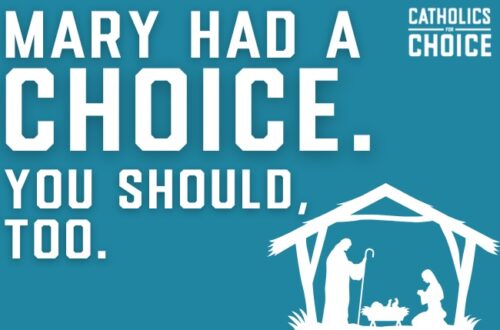Probabilism is a Sure Thing
Daniel Dombrowski notes the sad irony that “Christianity, which basically created conscience as we understand it today,” has often betrayed this legacy by embracing a crude authoritarianism when it comes to a woman’s right to choose an abortion. The neglected Catholic teaching on probabilism, a theory grounded in the biblical spirit theologies of Paul and John, offers the best defense of conscience I know. This freeing theory is based on insight, not on permission.
The strength of probabilism is seen in the description of “intrinsic solid probability.” Briefly put, the theory states that when people take a view on a debated moral issue based on “cogent but not necessarily conclusive reasons,” they are free to follow their conscience, even if all popes and theologians disagree. “Not necessarily conclusive” is the liberating nub of this: A person need not see the conservative view as ridiculous. She might even see it as possibly true, and yet her own reasons are not frivolous or self-serving and are of the sort that a reasonable person would consent to.
All religions are potentially cults that recoil from their own liberating insights. So, too, Catholicism. And yet probabilism is solidly Catholic. Carol Tauer, writing in the Jesuit Theological Studies in 1984, used probabilism to defend early abortions. Joseph Donceel, S.J., speaks with a Catholic voice when he says, “The embryo is certainly not a human person during the early stages of pregnancy, and consequently it is not immoral to terminate pregnancy during this time, provided there are serious reasons for such an intervention.” St. Antoninus, the eminent theologian and later archbishop of Florence, who was canonized a saint in 1523, was pro-choice on early abortions when needed to save a woman’s life, a large category in his day.
Come on, bishops, say a prayer to St. Antoninus, and stop lying. Catholicism is pro-choice.
PROFESSOR DANIEL C. MAGUIRE
Marquette University
Milwaukee, WI



